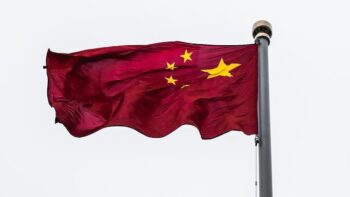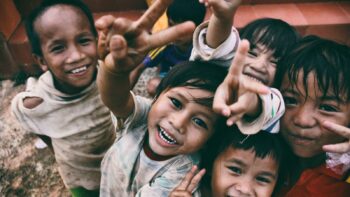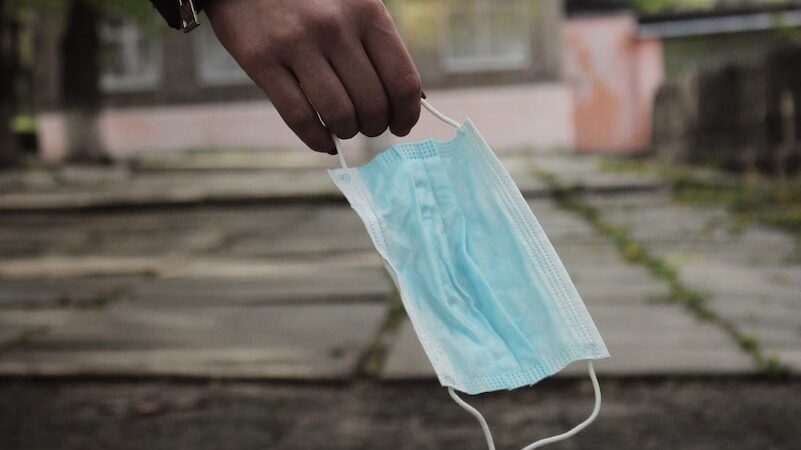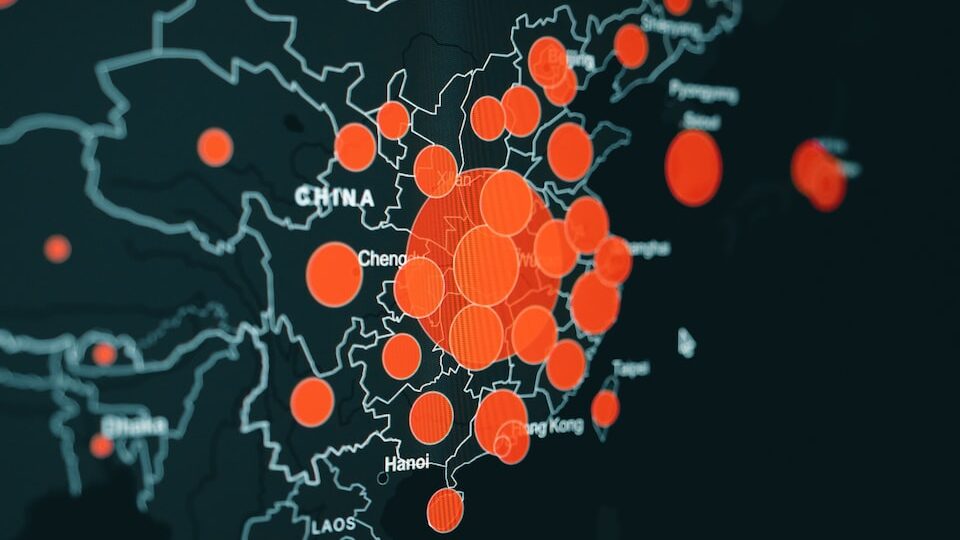This study aimed to investigate the uptake status and reasons of childhood influenza vaccination during the pandemic in China.


This study aimed to investigate the uptake status and reasons of childhood influenza vaccination during the pandemic in China.

The latest WHO/UNICEF estimates of national childhood immunisation coverage have revealed the largest declines in routine immunisation uptake globally in three decades. Through a large-scale retrospective modelling study, we investigate the extent to which vaccine confidence has changed globally using pre- and post-pandemic.

The State of the World’s Children 2023 was developed in collaboration with VCP and using Vaccine Confidence Index data. It reveals that public perception of the importance of vaccines for children declined during the COVID-19 pandemic in 52 out of 55 countries studied.

Our third study of COVID-19 vaccine hesitancy among 23,000 respondents in 23 countries, surveyed from 29 June to 10 July 2022 found willingness to accept vaccination at 79.1%, up 5.2% from June 2021.

This research aims to develop and evaluate a suite of feasible interventions based on artificial intelligence technologies checking extensions, real-time dashboards, and chatbots – that improve the ability to debunk misinformation, boost self-efficacy in the vaccination decision-making process.

Vaccine confidence in China is very high compared to other countries. The latest data we have for China is from surveys conducted in 2021 which showed that 95% of people feel that vaccines are safe and 97% think they are effective. 95% of those surveyed said they believe it’s important for children to have vaccines.

This research applies communication and behavioural theories to comprehensively assess confidence in and acceptance of HPV vaccines in Japan, Korea, and China amongst people who have not received the vaccine, in order to develop effective digital communication strategies to increase uptake.

Between October 31, 2020 and December 15, 2020, 26,759 individuals were surveyed across 32 countries via nationally representative survey designs.

This study was a comparative analysis between the United Kingdom and China, which…

This systematic review aims to identify the social consequences of mass quarantine during previous and current infectious disease outbreaks and recommended strategies to mitigate the negative social implications of COVID-19 lockdowns.

Many newer vaccines are not centrally funded in China, and therefore people pay for them out-of-pocket. China is investigating whether to increase the range of vaccines that are fully funded by the central government.